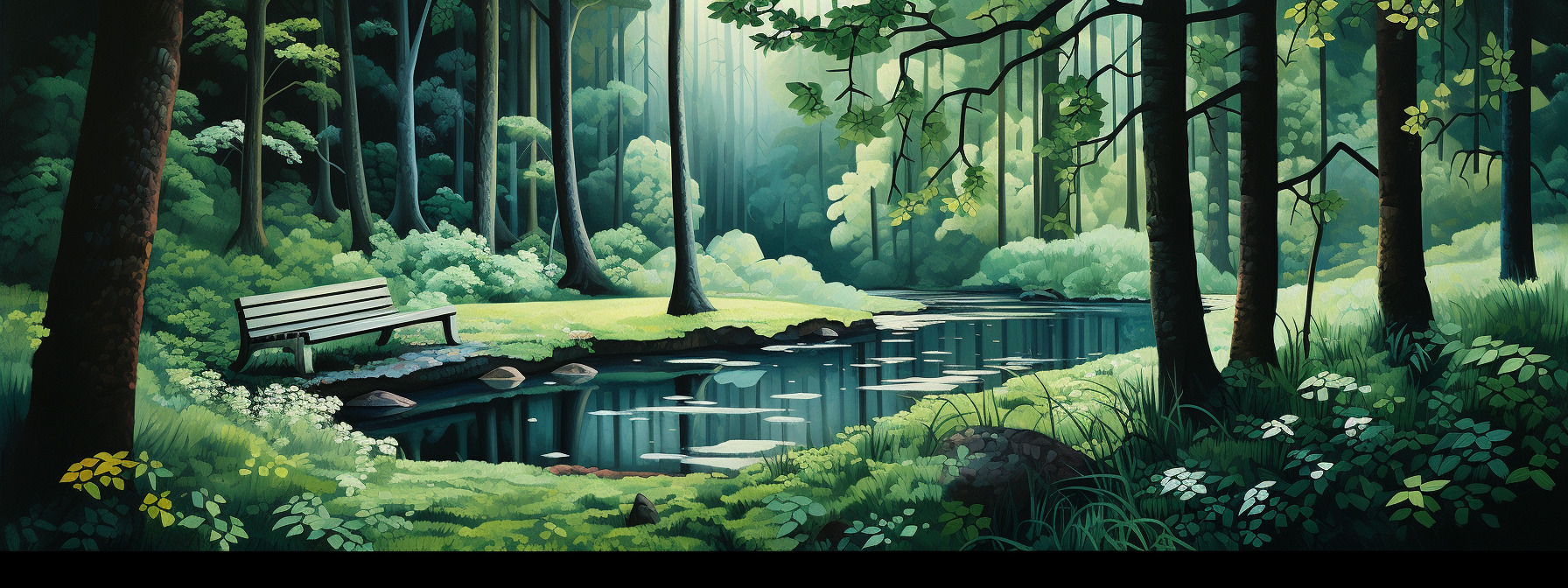Design Philosophy
My design philosophy has continually evolved — continually informed by brighter minds within co-creative contexts. Early Exposure to computer-aided design and development has also influenced current thinking. A lot of this is aspirational and I have many open questions.
The role of the designer is that of a good, thoughtful host anticipating the needs of his guests.
— Charles Eames
Asking "How?"
Design that speaks to me feels hospitable, empathetic and reflects the 15 properties of living structures. At this theoretical confluence I aspire to position my own designs.
Who, what, where, when and why — all fine inquiries. “How” is the question that get’s at method and meaning. I like to ask these during critique —
- How is this design hospitable to it's audience/user both functionally and aesthetically?
- How does this borrow from nature to do the job it is doing?
- How does the thinking behind this design empathize with users?
Empathy in action
We are not the other. Once upon a time I put alt text on images. I thought — obviously blind users of this website would like to know what is depicted in final-45-eggs (1).jpg. Wouldn't I like to know?
Then I worked for three years with Megan — an Accessibility Design Consultant who happened to be blind. She enlightened me,
“Please use
aria-hidden, I really don't care about this image. I want informational hierarchy and clear affordances.”
Megan helped me understand what designing for people with diverse abilities could look like. How do your fellow users experiences the interface? How would an enhancement apply to everyone? Whenever I’m filling out a VPAT or going through a tedious audit checking for WCAG 2.1 AA level compliance I remember these questions.
Consider hospitable & biophilic design
How can I offer unreasonable hospitality within my designs? Can an anonymous user feel comfortable and tended to on a website? Computer-aided design and biophillia seem at cross purposes. And maybe they are. Building a sleek, modern, and efficient website doesn’t have much to do with kayaking down a river.
Light — with an indescribable yet life-affirming quality — currently streams through my office window. This desk is awash in light. Outside, an apple trees beckons yet here I sit clacking away awash in the glow of buzzy light emitting diodes. Christopher Alexander's 15 properties of living structures are on my fridge — in the kitchen, the most hospitable part of my home. Marvel at the multiplex? Maybe there are better things to marvel at. Borrowing from these marvels might make us better hosts.
Biophilia is the passionate love of life and of all that is alive; it is the wish to further growth, whether in a person, a plant, an idea, or a social group. The biophilous person prefers to construct rather than to retain. He wants to be more rather than to have more.
— Erich Fromm
The synthesis is in progress. I hope to have raised a few questions in your own mind.

